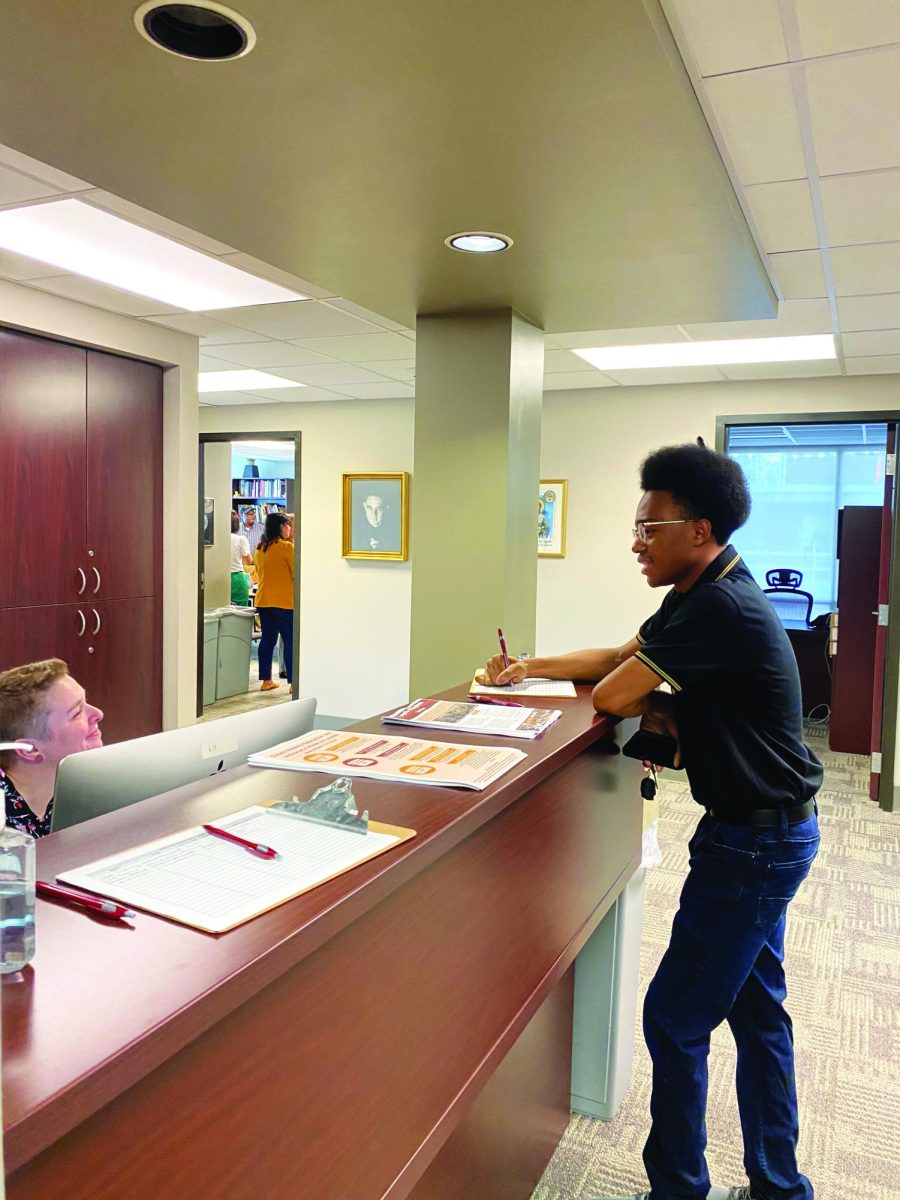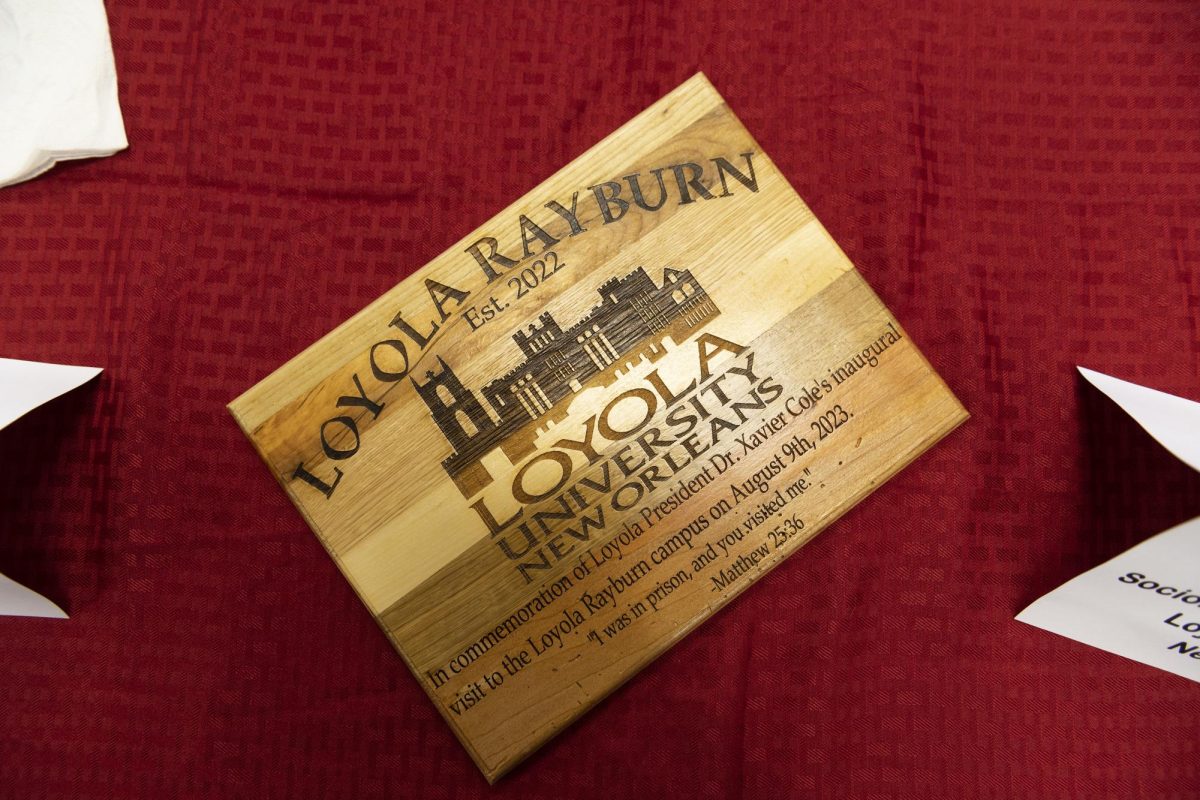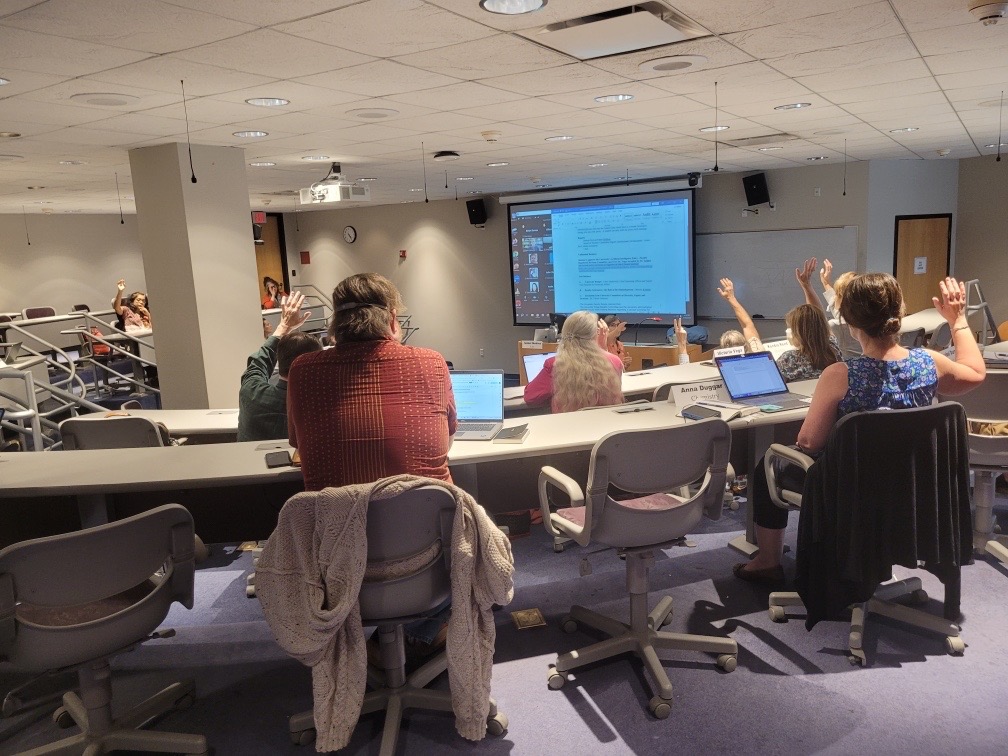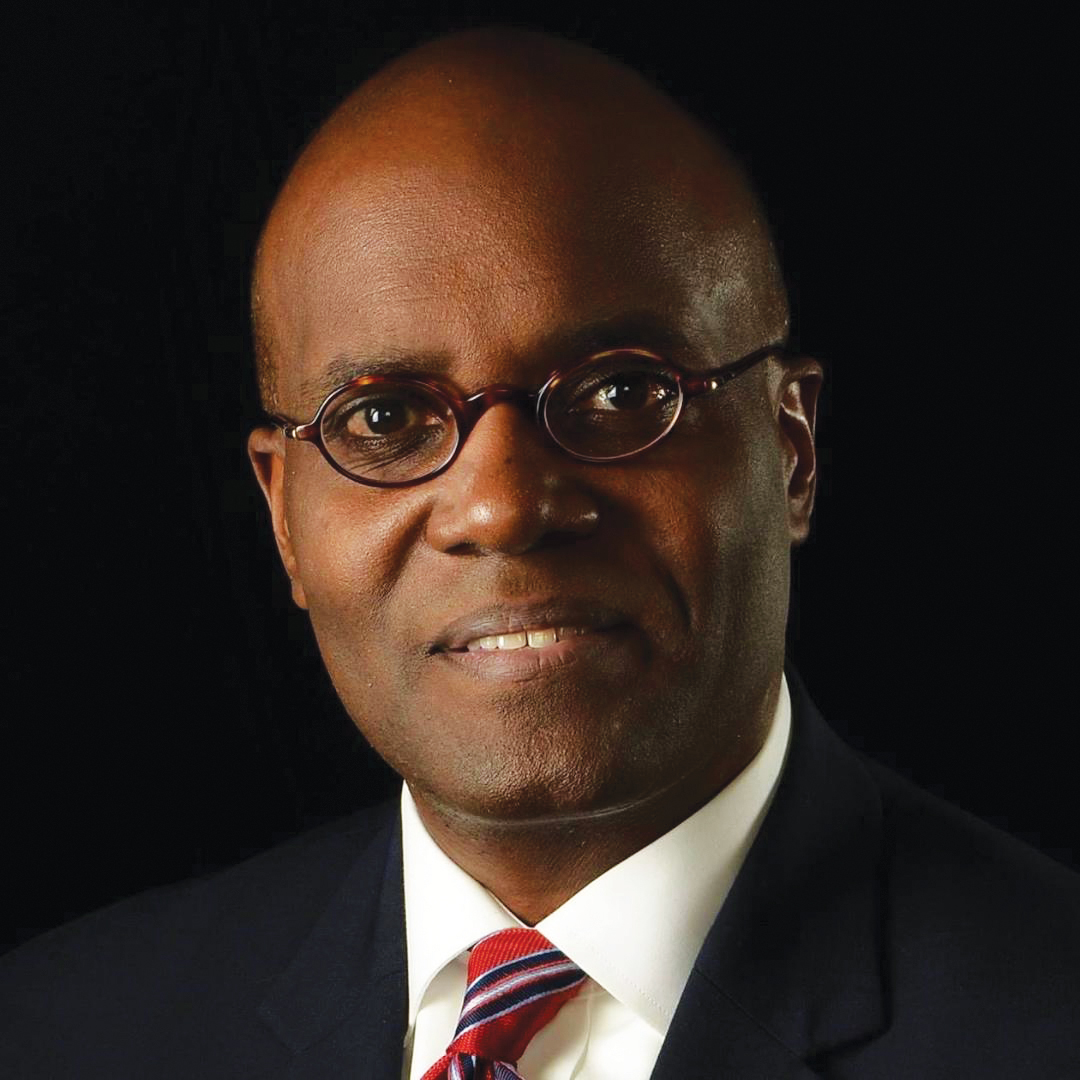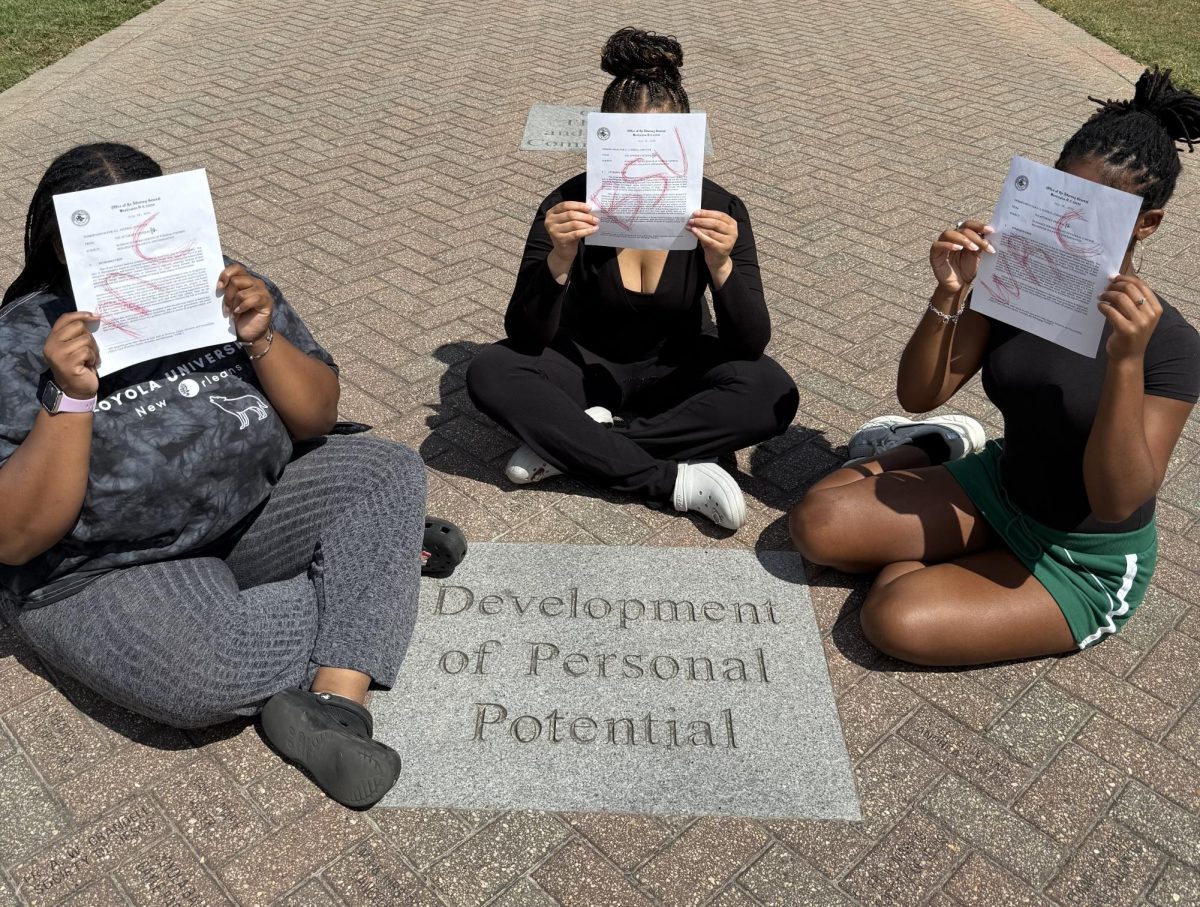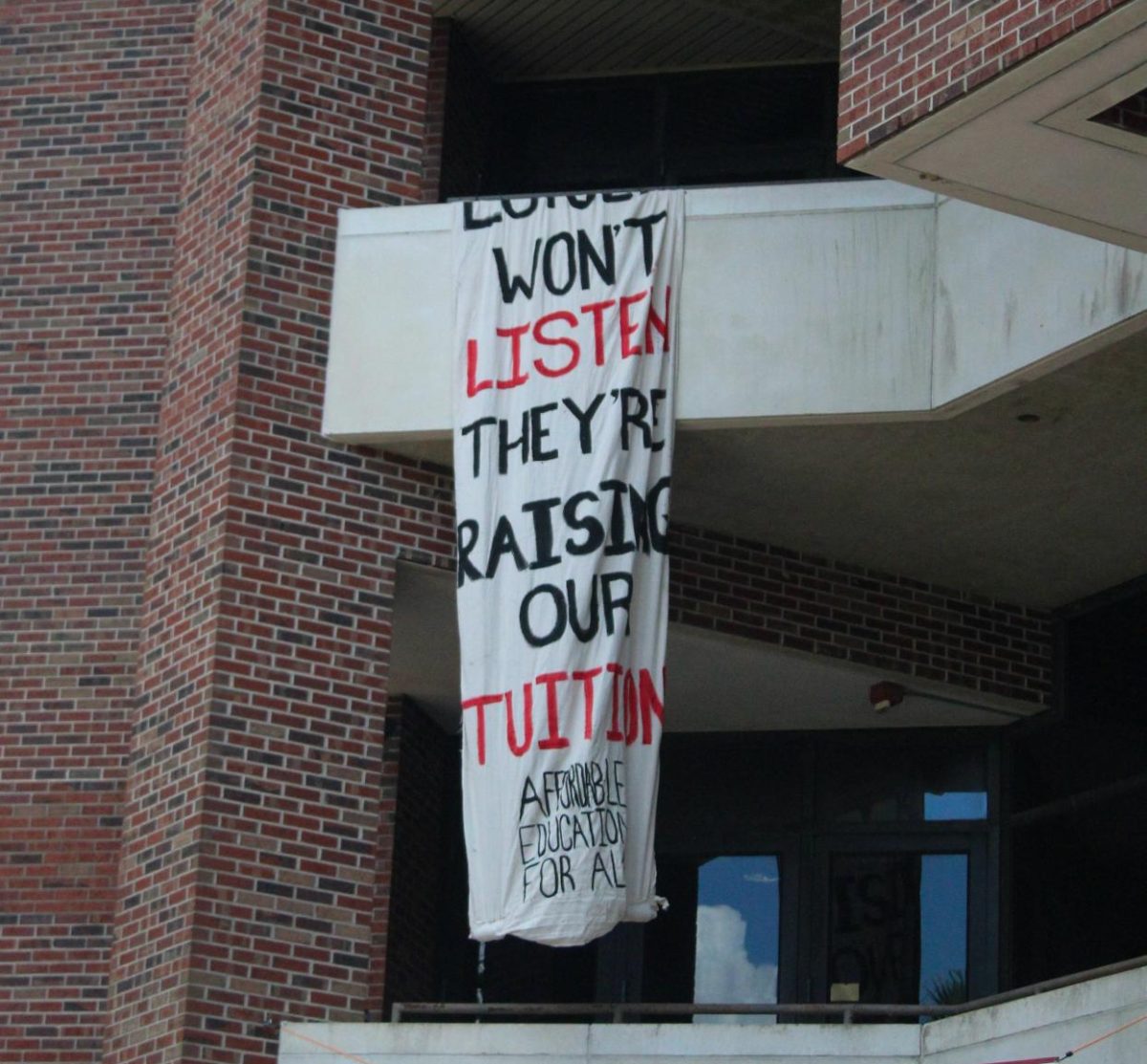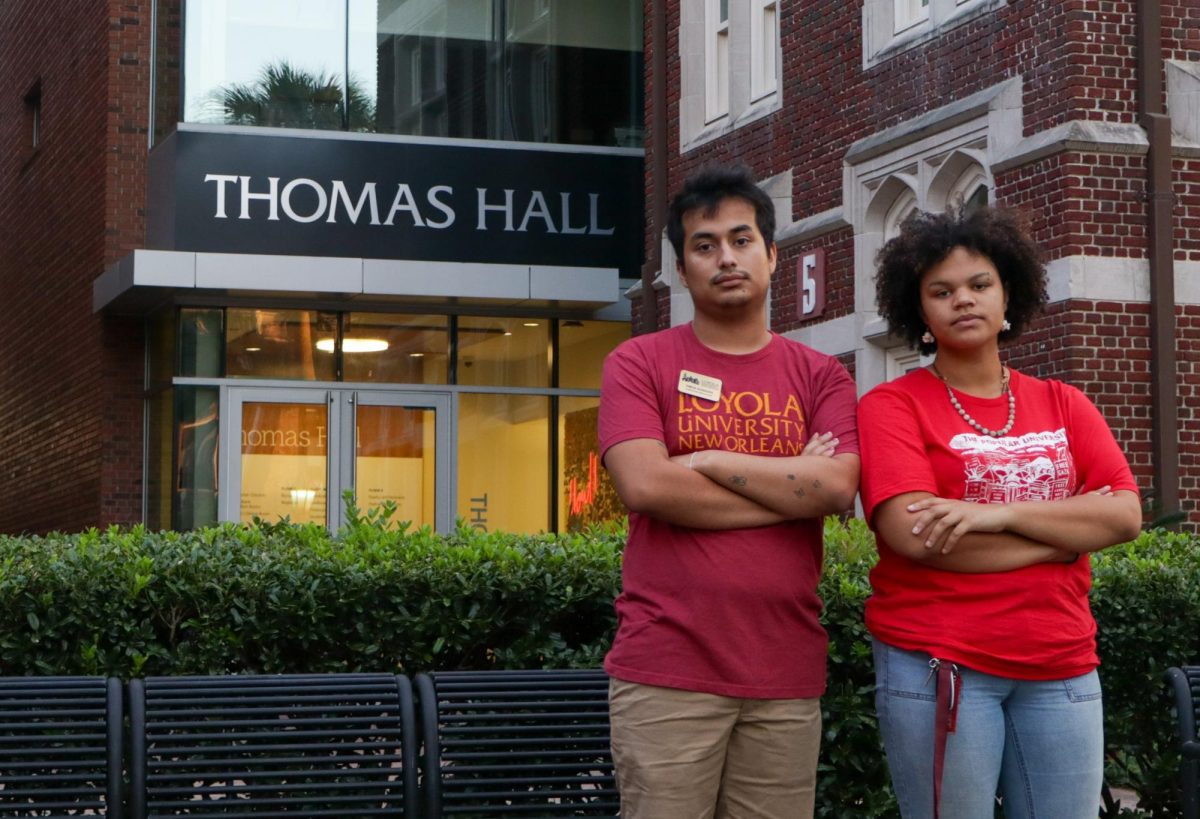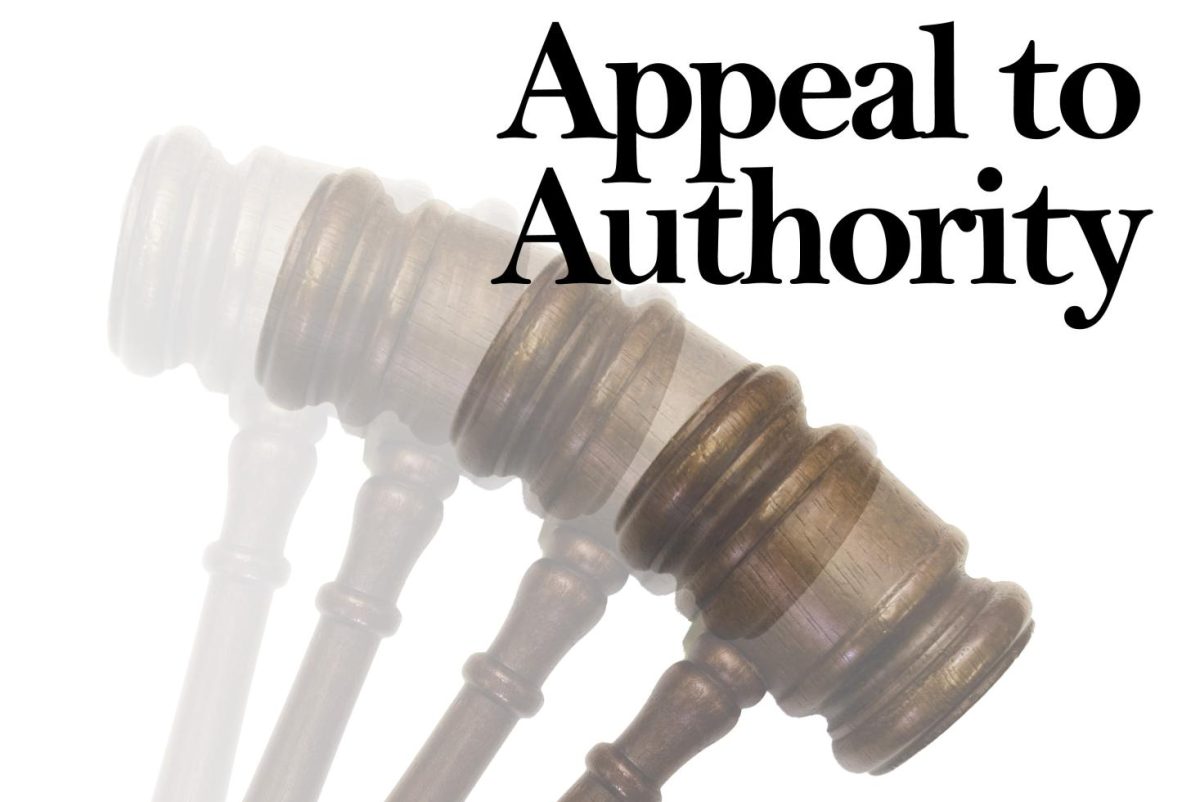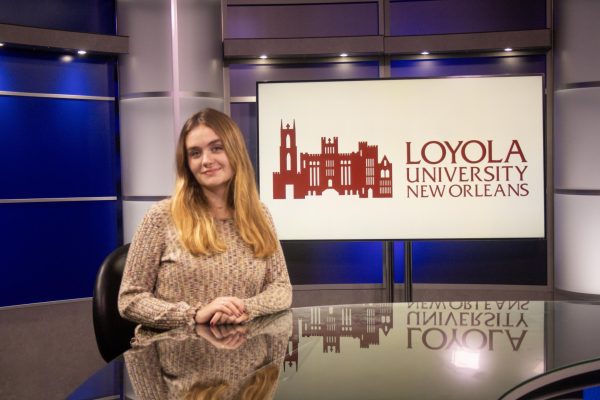Within the last year, the Jesuit Social Research Institute has shifted its efforts from a social research institute to criminal legal system reform in the hopes to end racial inequities in the criminal justice system, primarily through the Rayburn program, an educational program at Rayburn Correctional Center.
The JSRI is a collaborative institution between Loyola and the Society of Jesus. The program was founded in 2007 as a response to Katrina as a social research institute. Then, JSRI was focused around publications and research reports primarily regarding immigration and racial inequities, but now is dedicated to transforming Louisiana and the surrounding states through research, education, advocacy and service on social issues.
“We have 40 incarcerated students that are in two different cohorts, and 15 correctional employee students, and they’re working towards a bachelor of Applied Science,” Kelsey McLaughlin, the Operations Coordinator for JSRI.
Rayburn students are able to participate in a single three credit course per semester. To achieve this, Loyola professors travel to the Rayburn Correctional Center to teach in person.
In early August, Loyola’s president Dr. Cole visited Loyola’s Rayburn students.
“[Cole] shared that he hopes that one day our students will be free and join us on campus to continue their educational journey,” JSRI’s Executive Director Annie Phoenix wrote in a newsletter following the visit.
Cole’s visit had a great impact on Rayburn students, so much so that one student in prison wrote a poem on how meaningful the experience has been for him entitled “Lines for JSRI and a Jesuit-Educated Man, from a Prison Infirmary”.
In addition to the Rayburn Program, the JSRI works with the community and alumni to continue their core purpose of serving the community through education.
The JSRI works with St. Anthony Padua Church, which has the largest Spanish speaking congregation in the area, to provide free English as a Second Language classes, a program called Café con Ingles.
Furthermore, the JSRI has the Twomey Legacy Scholar in Residence, where a retired person is invited back to the program for a year to write and reflect on their legacy.
The current Legacy Scholar in Residence is civil rights activist Ronnie Moore. Moore was expelled from Southern University in 1961 for leading student civil rights programs and sit-ins.
“He’s an amazing guy and we’re learning from him this year.” Phoenix said.
Father Twomey, whom the award was named after, was a Jesuit priest at Loyola who pushed for racial integration on campus throughout the 1950s.
“[He was] very ahead of his time. We actually have a biographer right now writing about Father Twomey, and they’ve uncovered 10 years of correspondence between him and Martin Luther King Jr,” Phoenix said.
For the upcoming year, the JSRI is working towards incorporating students who are passionate towards issues related to race and poverty, and criminal legal system reform. The JSRI is also exploring more programs to further support these issues.
“It’s really important to us that we are leading in that effort to do justice in the world,” Phoenix said.


